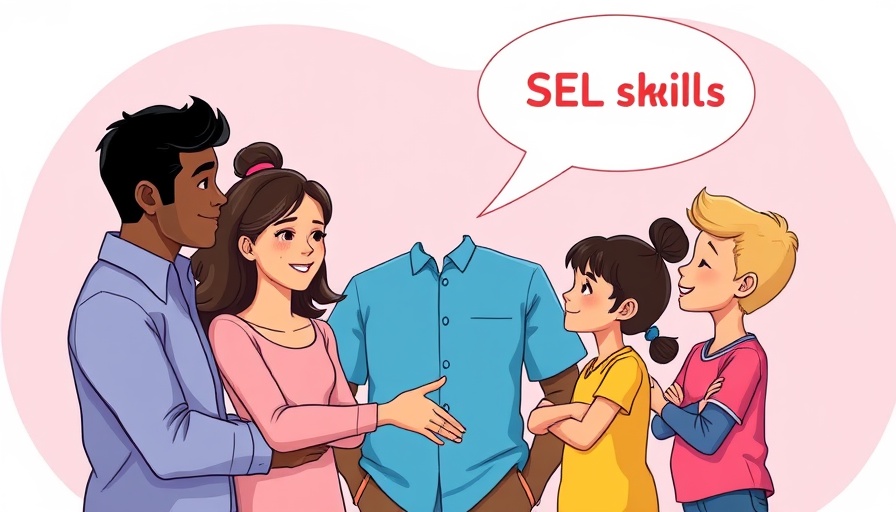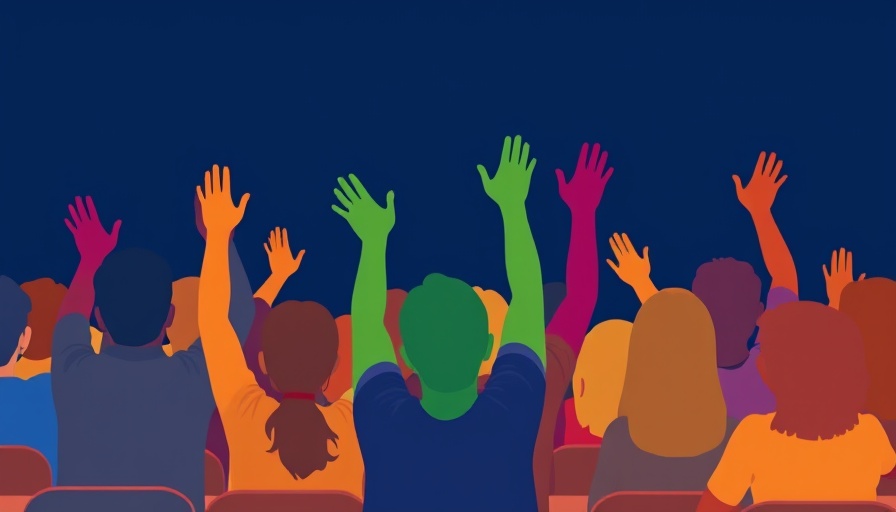
Understanding the Sleep Struggles of Adults and Kids with ADHD
For those living with ADHD, the nightly battle to close their eyes and slip into dreamland can feel like a futile quest. According to a recent survey conducted by ADDitude, 91% of adults with ADHD report their sleep issues affect their mood, cognitive function, and energy levels significantly. With an average of barely six hours of sleep each night, it’s no surprise these individuals feel exhausted and overwhelmed. This issue extends beyond adults to children, who also grapple with sleeplessness thanks to various factors such as anxiety and the overstimulation from screens.
Why Is Sleep So Elusive for People with ADHD?
ADHD interferes with the brain's ability to regulate sleep, making it harder for individuals to unwind and relax at the end of a day. Factors like racing thoughts, anxiety, and even the excitement about the day ahead can keep the mind in overdrive. This is particularly concerning since adults with ADHD face serious ramifications from inadequate sleep, including fatigue that may lead to accidents or job loss, as highlighted by 68% of survey respondents. Therefore, understanding sleep issues tied to ADHD is key to fostering better health.
A Closer Look at Sleep Challenges in Children with ADHD
The sleep struggles are even more pronounced in children. According to the ADDitude survey, kids with ADHD only sleep for an average of 7 hours and 28 minutes, significantly below the recommended nine-hour minimum for ages 6 to 12. As parents share their experiences, the familiar refrain emerges: bedtime can become a source of significant anxiety, leading to tantrums and defiant behaviors that further exacerbate the situation. Parents have explored varied interventions but often find little success.
The Importance of Sleep for Cognitive Functioning and Emotional Well-being
Numerous studies underline the impact of quality sleep on cognitive functioning and emotional health. Rest is crucial for memory consolidation, critical thinking, learning, and emotional regulation—all areas that individuals with ADHD often struggle with. A well-rested brain is better equipped to handle the demands of daily life. Understanding this connection can motivate ADHD sufferers to prioritize sleep as a vital component of their self-care routine.
Practical Strategies to Improve Sleep Quality
What can individuals with ADHD do to improve their sleep quality? Here are a few approaches that may help:
- Create a Relaxing Bedtime Routine: Establish calming activities before bed to signal to the body that it's time to power down.
- Limit Screen Time: Reducing exposure to screens at least an hour before bedtime can help decrease overstimulation.
- Seek Help When Necessary: If sleep issues persist, consulting healthcare professionals about tailored solutions might offer relief.
More substantial steps such as cognitive behavioral therapy (CBT) specifically developed for insomnia may offer additional avenues for management.
Personal Stories Highlighting the Struggle
Real stories underscore the emotional toll of sleep loss. Take, for example, the parent who shared their child’s nighttime antics: from throwing tantrums to using clever tricks to prolong their bedtime. These insights offer a glimpse into the daunting reality many face while trying to ensure their family gets the rest they need. Each family and individual will have to find their unique path toward better sleep.
The Way Forward
The journey toward improved sleep for individuals with ADHD is filled with challenges, but it is a crucial aspect of overall well-being that deserves attention. By placing the focus on unveiling the underlying issues surrounding sleep disturbances, we can directly address strategies tailored to meet these needs.
Taking proactive steps toward recognizing and understanding the complex relationship between ADHD and sleep is vital. Through dialogue, support systems, and education, we can foster awareness and ultimately work toward behavior changes that enhance sleep quality for individuals affected by ADHD.
If you're exhausted from your sleepless nights, consider exploring these tips and sharing your experiences with community support groups. Embrace the opportunity to make sleep a priority in your life!
 Add Row
Add Row  Add
Add 




Write A Comment